WOMEN OF THE ISLANDS - KARLINA TONGOTEA
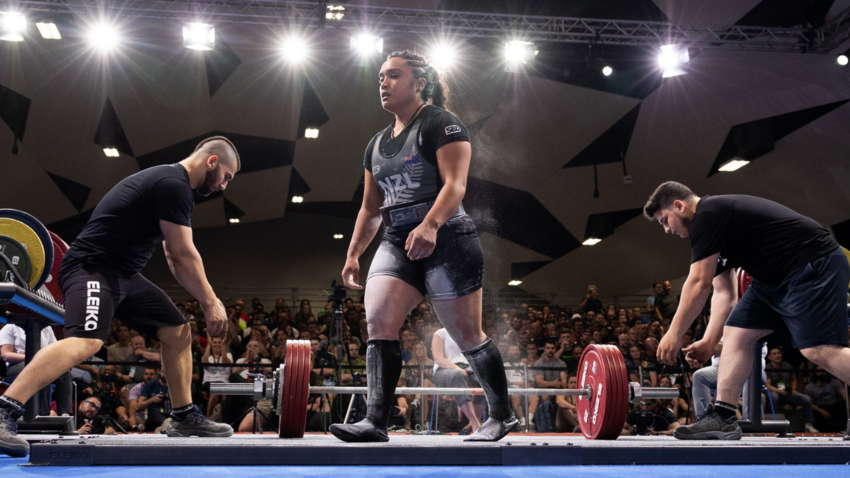
Karlina Tongotea
Tongan/Maori
Doctor/Powerlifter
//
What is your Pacific heritage, and where did you grow up?
I am a powerful mix of Tongan and Māori heritage. My dad was born in Ha'apai, Tonga and my mum was born in Te Tai Tokerau, Kaikohe. My parents moved to Tāmaki Makaurau in their late teenage years where they met and grew a family of 5 children. I am the 2nd in the line up and we were raised in Manurewa, South Auckland.
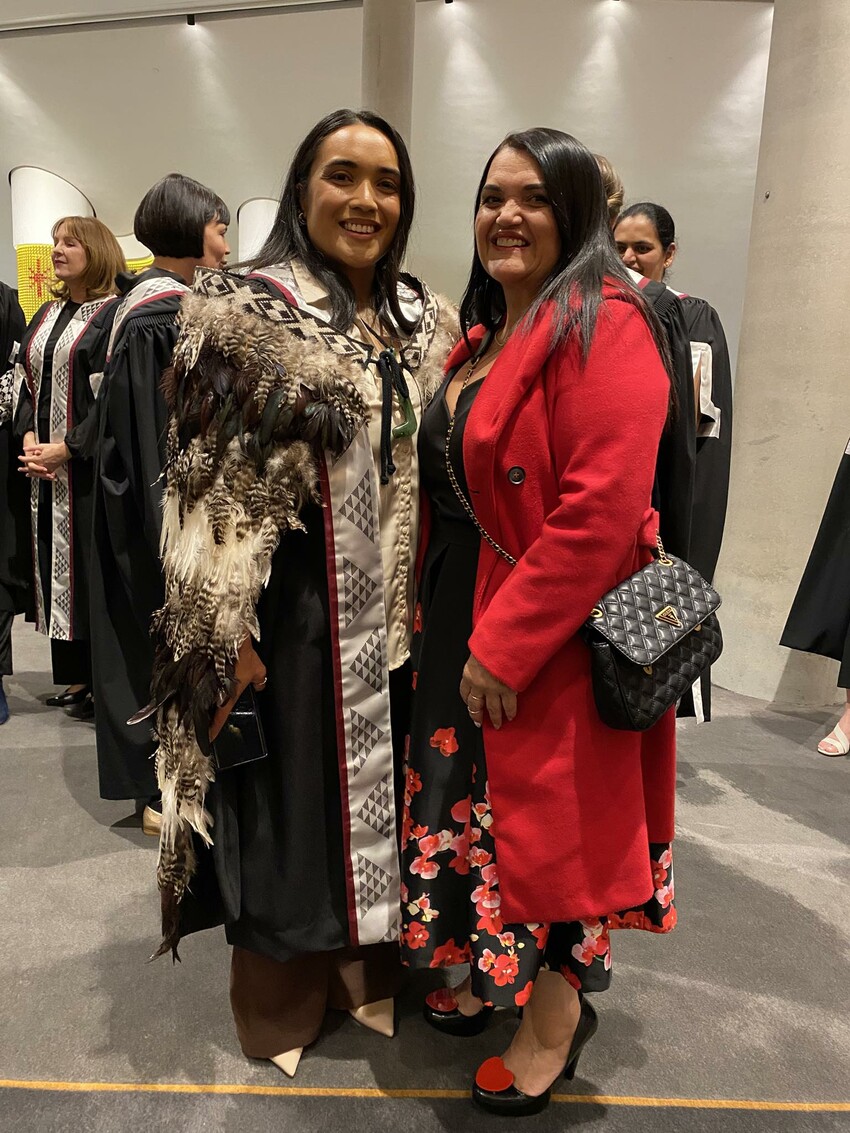
How did you first get into powerlifting, and what inspired you to pursue it seriously?
I played netball for 20years of my life before I found powerlifting. I had to give up netball when I started working at Middlemore Hospital as a junior doctor, because I couldn't be a reliable teammate. But sport has always been in my life and is an important part of my mental health, so I started going to the gym for the first time.
While I was training at the gym I found out I was naturally strong, and it prompted me to start looking into strength sports. I found my coach on Instagram, at New Zealand Powerlifting Academy, he was coaching young women who were squatting 170kg and I thought that was so amazing. I wanted to be just as strong so I turned up to that gym one night and tried out 1 training session. I have been passionate about the sport ever since and have worked with the same coach.
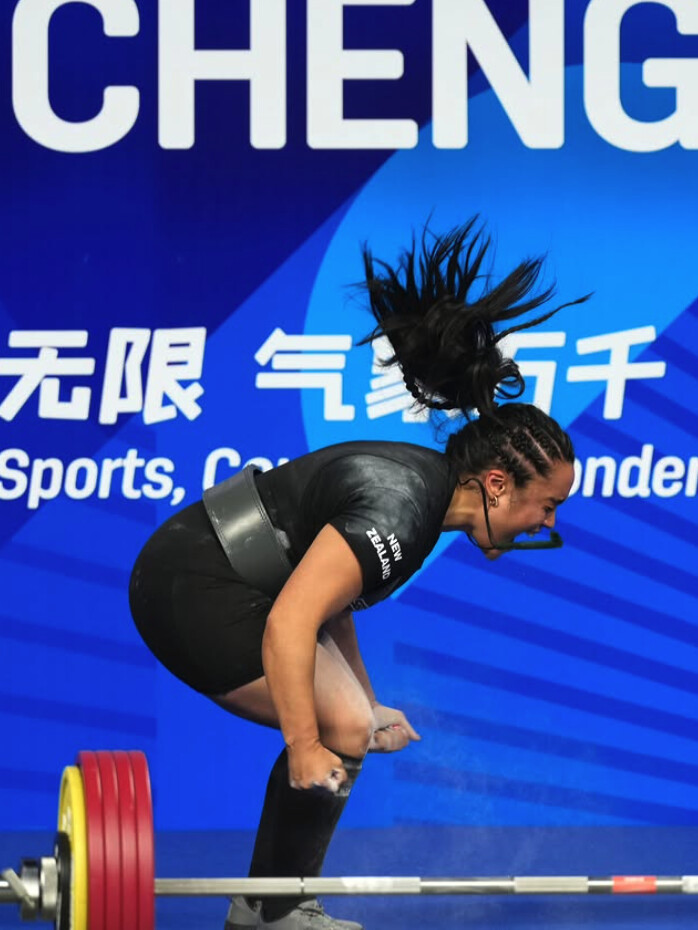
You’ve set a new world record this year — can you share what that moment meant to you personally and as a Tongan athlete?
Throughout the last few years, I have set multiple world records, and it is easy to get caught in thinking that they belong to me. But records are made to be broken and last year a competitor held that world record. At the World Games in China this year I had my dad and mum with me; I could hear them shouting support and love.
It gave me a lot of strength on the platform. I could easily point my family out in the crowd because dad was wearing his bright red Tonga t-shirt. Taking back the world record in front of my parents is an indescribable feeling of electric joy.
I know when I step on the stage, I am representing my Tongan and Māori background. I know that when you see someone who looks like you on a stage, you can believe that you can do that too. We are strong, talented people and I want Tongan girls and women to know that they have a space in elite sport too.
Alongside being a world champion, you’re also a GP. How do you balance the demands of medicine with elite sport?
In truth, there is very little balance when trying to excel in elite sport and juggle any job- because a lot of sport in Aotearoa is unpaid and we need jobs to support. It helps that I have a very supportive work environment, which means I can choose hours that fit training and can take leave for competition without trouble.
There are ebbs and flows of balance in life, and I believe when you are in prime years of sport, or climbing through job ladders, this is a time of hustle and hard work. Within those busy periods we can find pockets of downtime, selfcare and connection to prevent burnout.
How has your Tongan culture and upbringing influenced the way you approach both your powerlifting and your medical career?
My parents have always been my biggest role models; they set the tone for what it means to be a Tongan/Māori tahine growing up in New Zealand. They lead by example and showed me what our people are capable of, how important it is to have more of us in spaces of high performance and that we belong in these spaces. I grew up knowing that to be Tongan is to be resourceful, hardworking, intelligent, humble and to be a part of the tide that rises all our ships. I knew this because I witnessed my dad living this.
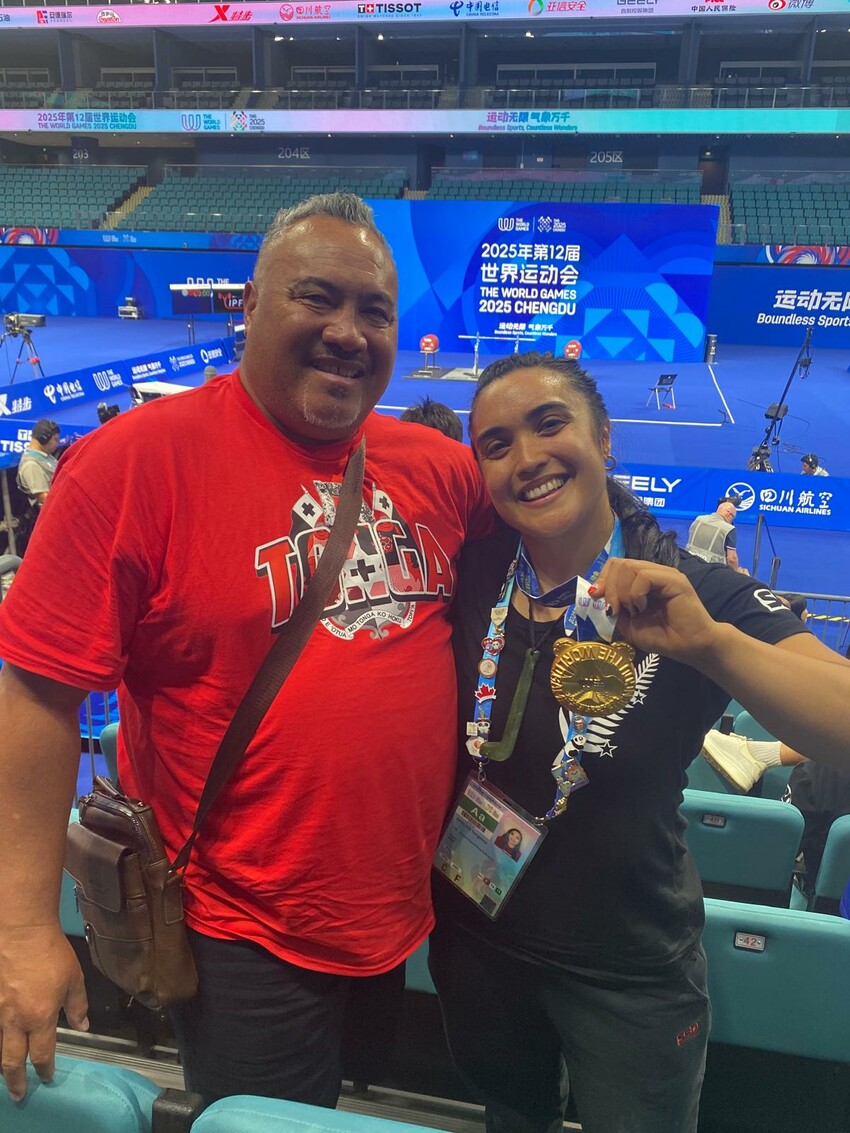
What challenges have you faced as a Pasifika woman in powerlifting and or medicine, and how did you overcome them?
My parents faced challenges as Pasifika/Māori trying to move up in the world. I know they took those experiences and nurtured me in a way that would give me the tools to move through challenges as I grew up. They taught me to be confident in my potential and ability. They taught me that by working hard and being diligent I will have earned my place in the rooms I end up in.
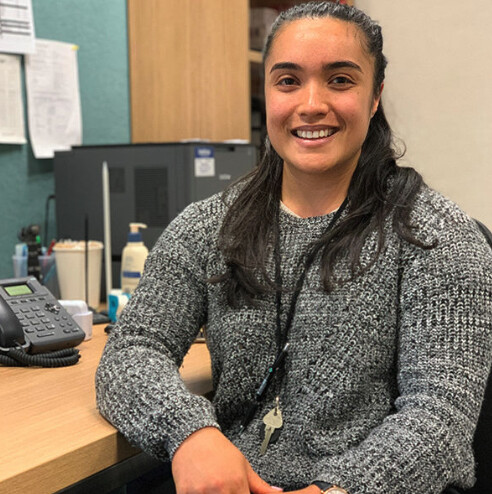
What role has family and community played in your journey?
Family has played the most important role in my journey. From being at netball games, school assemblies, university graduations, cooking me meals when I was in exam time, understanding why I cannot be at all family events during world championship preparation time, to celebrating each win and holding me up through losses. Every success is because I have had my family support me the entire way.
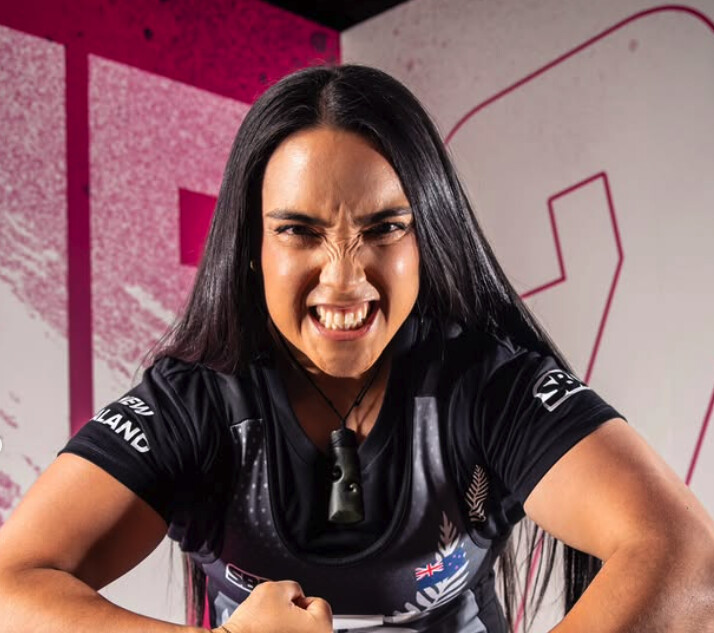
What message would you give to young Pasifika girls who dream of achieving big things in sport, medicine, or both?
To my fellow Pasifika girls, know that there is space for you in all areas of achieving big things. Stages, sports, classrooms, hospitals, clinics and meeting rooms are made better with Pasifika girls in them, so fill them. I'll see you there with a warm smile and a welcoming hug.
